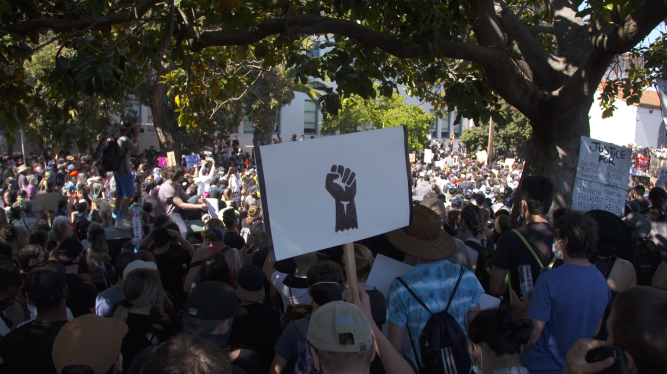As demonstrations continue in the streets, parks and public squares across the world, protesters wave signs calling for widespread change in response to the police killings of black Americans, as well as a full-scale reevaluation of the role of law enforcement in communities and schools. Minneapolis, where George Floyd was killed last month, has already taken steps to overhaul its police force.
Calls to reform, defund or abolish police departments may sound new and surprising to some students. Others may be well-versed in the established work in many communities to hold police officers accountable and allocate public money to a wider array of social services.
Learn more about policing in the United States, its historical roots in slavery and the Industrial Revolution, and the connections between today’s protests and longstanding efforts to reform and re-imagine law enforcement.
Resources on the historical roots of policing and connections to current protests
American Police
This podcast from NPR’s Throughline traces the history of policing in the United States to slave patrols in the South and the teeming cities of the 19th-century Northeast. In both contexts, law enforcement was viewed as a way of “controlling essential workers,” according to guest Khalil Gibran Muhammad, professor at the Harvard Kennedy School.
